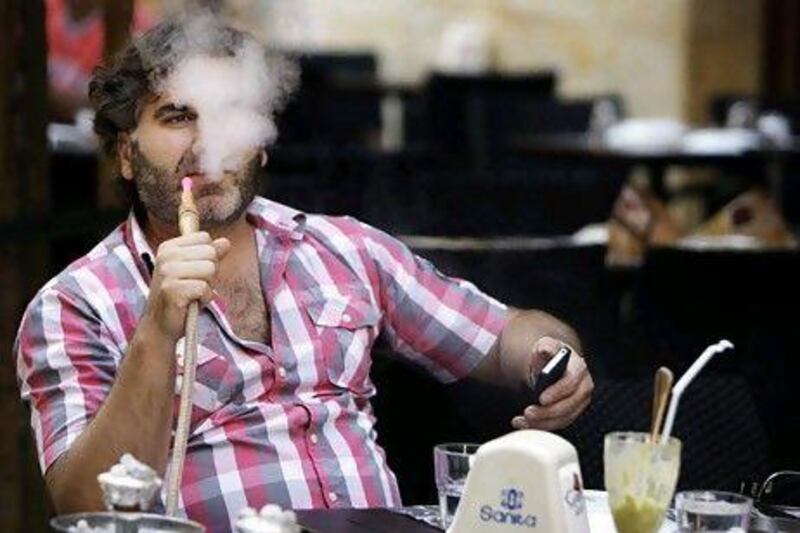It's been a wacky summer even by Lebanon's often bizarre standards. First off, the bulk of the free-spending Arabian Gulf tourists, normally the bulwark of the tourist season, stayed at home. Ramadan was a factor but travel alerts warning of a fluid security situation did not help.
As it turned out, they were not being overcautious. In response to the government's sluggish reaction to the kidnapping in May of 11 Shia pilgrims in Syria, the Moqdads, a Shia clan with what it calls a "military wing", decided enough was enough and it was embarking on its own tit-for-tat abductions. Not only did this prompt many of those tourists who did come to hightail to the airport, it revived one of the most traumatic memories of the civil war. Lebanon's party was officially over.
Things got worse as Tripoli once again erupted in violence as the army just stood by and there was a spate of violent bank robberies across Mount Lebanon. Add to all this the usual summer power cuts and you can see why many Lebanese were cheesed off with their government's performance.
Adding insult to injury was the fact the authorities did not even seem particularly eager to arrest anyone. The Moqdads could even hold press conferences. Those, like the 18 militiamen with links to Hizbollah, who were hauled in and charged with shooting at the army in Tripoli - basically attempted murder - were released by a military court.
Then on Monday came the real kicker: the first day of a law that banned smoking in public spaces.
Restaurant and shisha cafes owners had dreaded the day, claiming about US$50 million (Dh 183.6m) worth of business and 2,500 jobs would be lost as a result of the new edict.
Smokers, meanwhile, were left wondering why they would be liable for a $450 fine, while what they saw as the real criminals were getting away, in some cases literally, with murder. It was hard not to see their point.
In principle, I am in favour of any smoking ban and hope the government does not give in to calls to amend the law, if only because it would set a thorny precedent.
Lebanese are among the most committed puffers in the world and in the long term, a blanket total ban will only do us good for all the obvious reasons. In neighbouring Turkey, it was reported the country had a 5 per cent increase in tourist activity when it did the same.
But I do think going from being allowed to smoke practically anywhere to a total ban was always a big ask for tobacco-crazed Lebanon. Even in Europe and America, in countries that were not falling apart at the seams, the process was phased in over time.
There are cultural considerations. The shisha is a social tradition and dedicated shisha cafes should have been allowed to apply for a special licence. Ditto cigar bars. Both are lucrative tourist draws and are unlikely to offend or harm non-smokers. After all, the libertarians must be allowed some wiggle room.
But, as usual, the state's timing has been terrible. Coming off the back of a horrible summer and in the midst of what is already a rapidly decomposing economy, the new law has merely highlighted the government's inability to set priorities.
As a friend put it, "Let's forget about the security situation because I am going to be generous and admit that it's out of our hands, and just focus on our roads where I can commit every traffic violation in the book.
"I can get behind the wheel of my car completely drunk or I can drive an unroadworthy vehicle without insurance and the chances are I won't be caught. But now, apparently I can't have a cigarette with my coffee because everyone is waiting to pounce. This is Beirut, not Zurich."
Michael Karam is a Beirut-based writer





